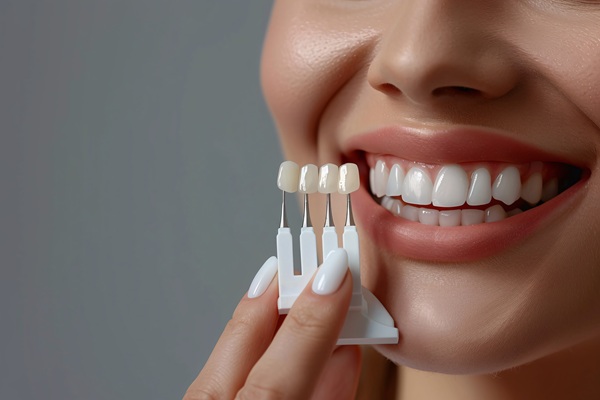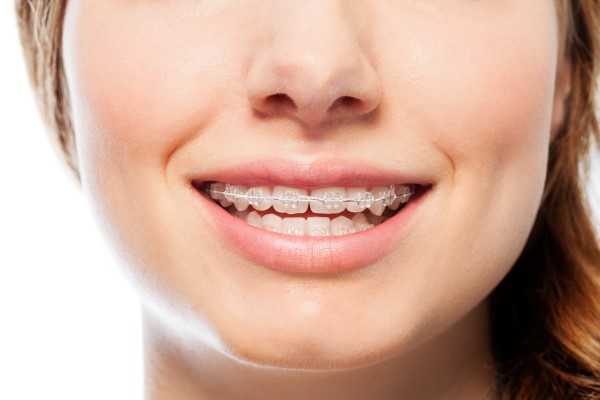Break or Crack a Tooth? Here’s What to do Next

Break or crack a tooth? Here’s what to do next…
Although teeth are the hardest part of our body, and the problems relating to teeth might not seem like a big issue, anyone that has suffered from dental problems knows how painful they can be. Despite following your dentist’s orders to floss and brush regularly, you might still accidentally crack your tooth. This article will guide you through the steps you need to follow if such a scenario occurs.
In order to know how to treat the cracks in your teeth, it is important to have an understanding of all of the layers of your teeth. Our teeth can be divided into three layers:
- Enamel: The hardest outer part of the tooth
- Dentine: The hard part underlying the enamel with microscopic tubes. When the enamel has damage, hot and cold pass through causing more sensitivity.
- Pulp: The soft and innermost part of every tooth where the blood vessels and nerves go through.
The treatment options are chosen based on the type or degree of the cracks:
- Craze line cracks: These type of cracks are a common find in all adult teeth caused by “wear and tear". They are very fine cracks limited to the outer most part, i.e. the enamel. Therefore they may not cause any pain or need any medical attention.
- Fractured cusps: These are the cracks around your tooth filling. They usually occur when the filling is too large and they don’t cause much pain either. Depending on the severity of the fracture, you may require endodontic therapy along with crown replacement.
- Cracks that extend beyond the gums: If the crack extends beyond the gums, they need to be extracted promptly.
- Split tooth: The crack extends from the surface to below the gum line. In this case, the dentist might be able to save half of the tooth.
- Vertical root fracture: They start from below the gum line and reach the top. There may be fewer symptoms and could need to be extracted.
The symptoms depend on the extent of the crack. You should see your dentist when you have symptoms such as pain while chewing or biting food, recurring pain, sensitive teeth, and swelling of the gums.
Just having a toothache or some dental problems does not mean that you also have a cracked tooth.
You will first need to confirm if you have a cracked tooth by doing the following quick DIY tests:
- Know your dental history and your dieting habits
- Feel for cracks with your tongue or fingers
- Use a magnifying glass to search for any cracks
- Use a dental dye
- Look for inflammation; it can be a sign of dental cracks
- Perform a biting test
Finally, after confirming your suspicions of having a cracked tooth, you can visit a dentist to treat it. If the symptoms are absent or just mild, you may require no treatment. The course of treatment is based on the size, location, and type of crack that your tooth has. Your dentist will recommend the following treatment options:
- Bonding: This treatment method will be recommended to you when the size of the crack is relatively small. The dentist will use plastic resin to fill the crack and restore the look and function of the tooth.
- Crown: A crown is basically a prosthetic device made up of porcelain or ceramic used to cover the cracked tooth. During this process, the dentist will scrape some of the enamel and take the impression of your tooth. Then, it will be sent to a dental lab and get a crown ready that matches your tooth color. A well fixed and managed crown will last you a lifetime.
- Root canal: This choice of treatment is chosen when the crack is extensive and extends to the pulp. This process helps in the prevention of infection and also strengthens the tooth from further damage.
Cracks or breaks in your teeth can become a real pain - whether that be physical pain or attempting to manage it. They can affect your daily routine of eating, which might be inconvenient for those who don't want to miss a meal.
Request an appointment here: https://austinprimarydental.com or call Austin Primary Dental at (512) 808-5651 for an appointment in our Austin office.
Recent Posts
When you have a dental emergency, the first thing you should do is call an emergency dentist. An emergency dentist is trained and experienced in handling dental emergencies. Dental emergencies can be debilitating and even life-threatening.Many dentists now offer emergency dental treatments in addition to their regular dental treatments. If there is a dental emergency,…
An emergency dentist can fix you right up when dental emergencies occur. Serious injuries to the mouth clearly require emergency treatments, but other seemingly less serious dental problems might leave you wondering if you need an emergency dentist.This article will explore some common injuries that need immediate dental treatment:One of the most common reasons why a…
Do you need an emergency dentist? The best way to deal with a dental emergency is to prevent it from occurring in the first place. Although emergency dentists offer services when urgent dental care is needed, they also strive to help patients prevent emergencies from happening through good oral hygiene, wearing a mouthguard, and avoiding…
An avulsed tooth is a serious dental problem that should be addressed by an emergency dentist. Emergency dentists are great resources to make use of when something serious happens within the mouth, and an avulsed tooth is certainly such a situation.Want to know how an emergency dentist can save an avulsed tooth? Keep reading to…


